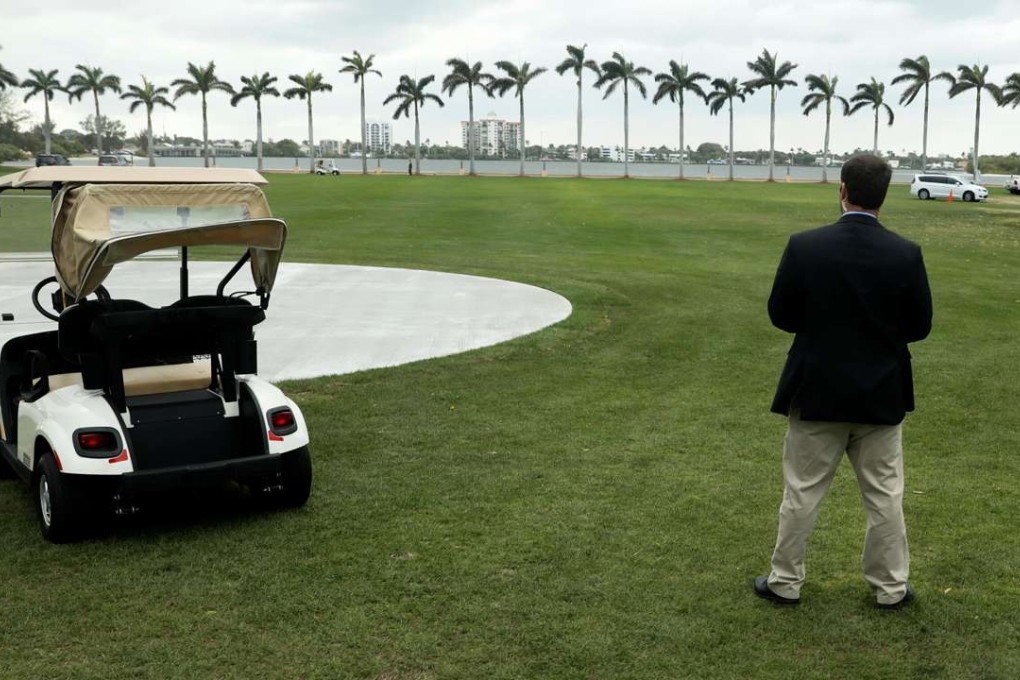China Briefing | When Xi meets Trump: why the casual approach in Mar-a-Lago could pay dividends
US president has professed his admiration for leaders with strong personalities and in China’s Xi Jinping, he may have met his match

On overseas visits, China’s top leaders typically relish grand welcoming ceremonies and elaborate protocols that make great optics for home audiences, but their meticulously scripted talking points invariably make them bland and dull in the eyes of overseas audiences.
Personal diplomacy, in which Chinese leaders take off their ties and join hosts for some unscripted time of informal talks or simple fun, has been an acquired taste and only on special occasions.
Watch: Deng’s visit to Texas
The late paramount leader Deng Xiaoping (鄧小平) set an example for breaking the ice in 1979 when he donned a cowboy hat at a rodeo in Texas.
The next most memorable moment was in 2002 (also in Texas), when former president Jiang Zemin (江澤民) was invited to lunch at the then president George W. Bush’s family ranch where the two rode in a truck and enjoyed a barbecue.
Watch: Bush and Jiang Zemin
While Jiang’s successor Hu Jintao (胡錦濤) invariably stuck to scripted points, President Xi Jinping (習近平), who replaced Hu in 2012, appears to have embraced the art of personal diplomacy.
